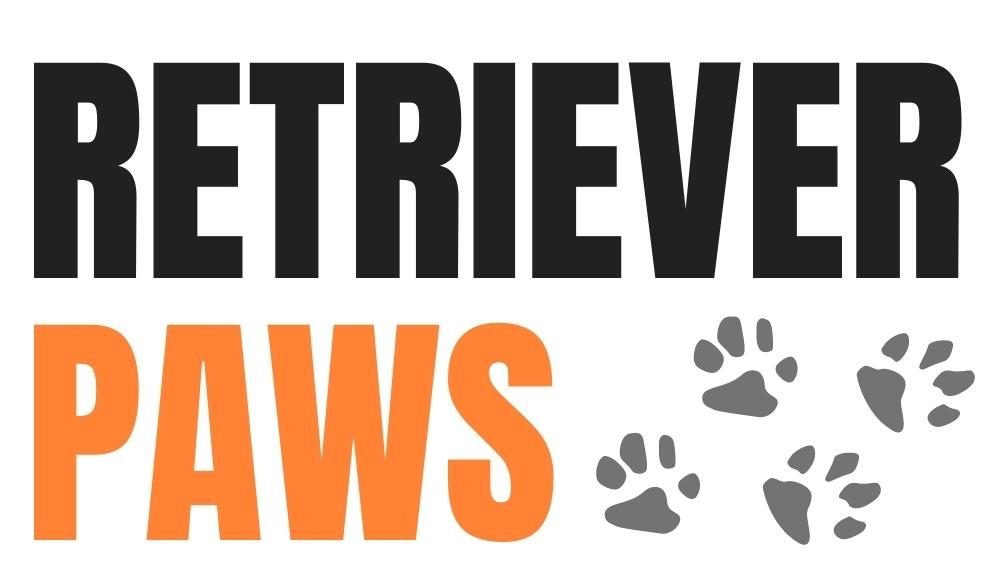Parvovirus is a highly contagious viral disease that affects dogs of all ages, but it is most common in puppies. The virus attacks the lining of the intestines and can cause severe dehydration, vomiting, and diarrhea. In some cases, it can even lead to death. As a dog owner, it is important to understand what causes parvovirus and what treatment options are available.
Quick links to different sections
Toggle
Causes of Parvovirus in Dogs
Parvovirus is spread through contact with infected feces or vomit. Dogs can contract the virus by sniffing or licking contaminated surfaces, or by coming into contact with infected dogs. Puppies are particularly vulnerable to parvovirus because their immune systems are not fully developed.
There are several risk factors that can increase a dog’s chances of contracting parvovirus. These include:
– Lack of vaccination: Dogs that have not been vaccinated against parvovirus are at a higher risk of contracting the disease.
– Age: Puppies under six months of age are more susceptible to parvovirus because their immune systems are not fully developed.
– Stress: Dogs that are under stress, such as those that have recently been adopted or those that are in crowded, unsanitary conditions, are more susceptible to parvovirus.
– Poor hygiene: Dogs that are not kept clean or that live in unsanitary conditions are more likely to contract parvovirus.
Symptoms of Parvovirus in Dogs
The symptoms of parvovirus in dogs can vary depending on the severity of the infection. Some common symptoms include:
– Vomiting
– Diarrhea (often bloody)
– Loss of appetite
– Lethargy
– Dehydration
– Fever
If you notice any of these symptoms in your dog, it is important to contact your veterinarian immediately. Parvovirus can be life-threatening if left untreated.
Treatment for Parvovirus in Dogs
There is no cure for parvovirus, but prompt treatment can help reduce the severity of the infection and improve your dog’s chances of survival. Treatment for parvovirus typically involves hospitalization and supportive care, including:
– Intravenous fluids to treat dehydration
– Antibiotics to prevent secondary infections
– Anti-nausea medication to control vomiting
– Nutritional support to maintain your dog’s strength and energy
In severe cases, your dog may require blood transfusions or other advanced treatments. The cost of treating parvovirus can be significant, so it is important to ensure that your dog is vaccinated and kept in a clean, healthy environment to reduce the risk of infection.
FAQs
What is the best way to prevent parvovirus in dogs?
The best way to prevent parvovirus in dogs is to ensure that they are vaccinated. Puppies should receive their first parvovirus vaccination at 6-8 weeks of age, with booster shots given every 3-4 weeks until they are 16 weeks old. Adult dogs should receive a parvovirus booster shot every 1-3 years, depending on their risk factors.
Can humans contract parvovirus from dogs?
No, parvovirus is not contagious to humans.
How long does it take for a dog to recover from parvovirus?
The recovery time for parvovirus can vary depending on the severity of the infection and the age and overall health of the dog. Mild cases may resolve in a few days, while more severe cases can take several weeks to recover.
Can dogs get parvovirus more than once?
It is possible for dogs to contract parvovirus more than once, although this is rare. Dogs that have recovered from parvovirus are typically immune to future infections.
Is there a home remedy for parvovirus in dogs?
There is no home remedy for parvovirus in dogs. Prompt veterinary care is essential for treating the infection and improving your dog’s chances of survival.



